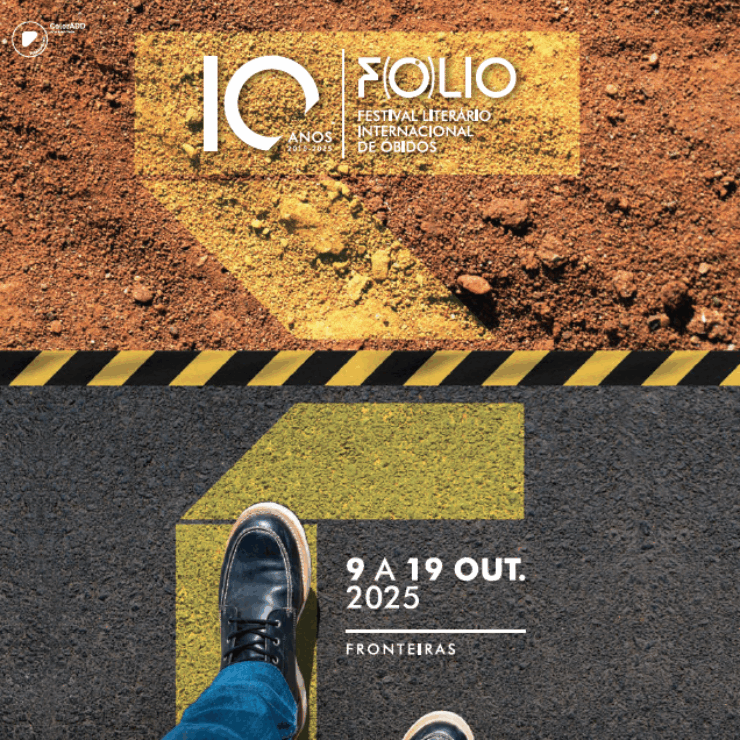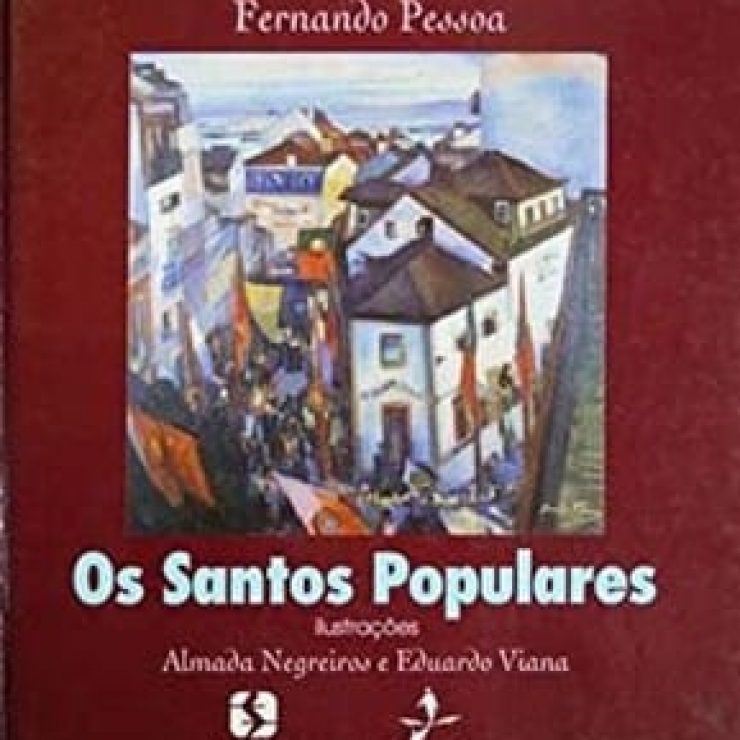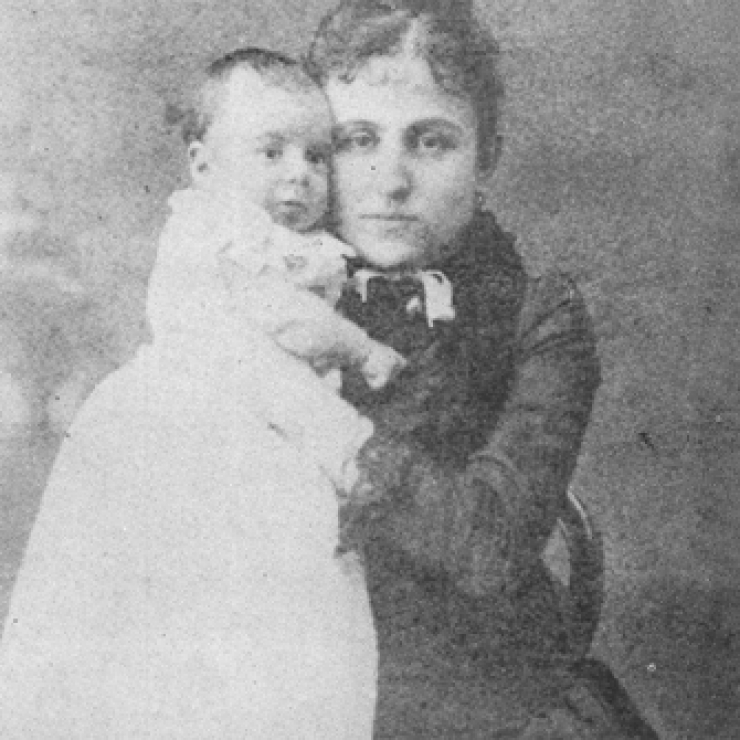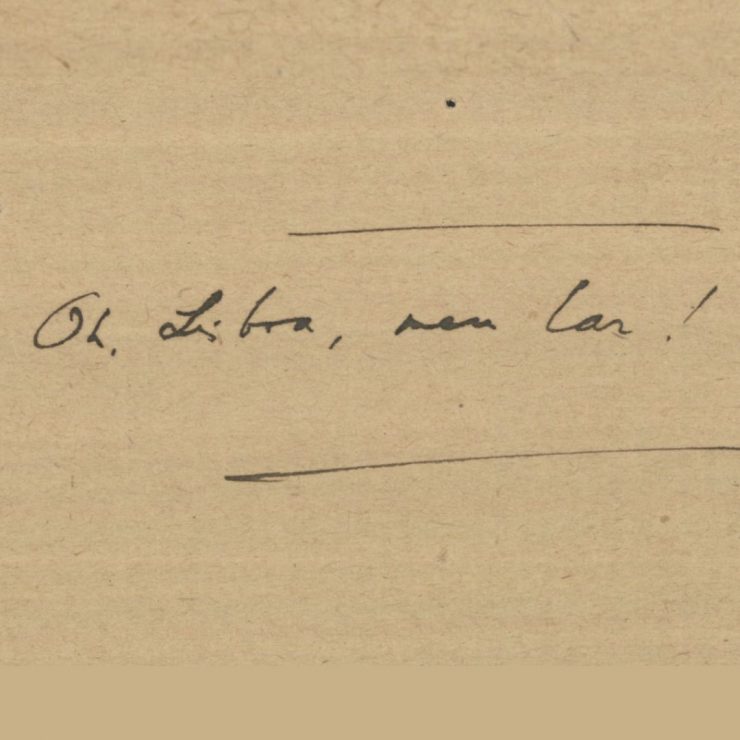The city of Lisbon has been sung about by great Portuguese writers and poets such as Cesário Verde, Fernando Pessoa and Sophia de Mello Breyner Andresen. There’s no doubt that Pessoa’s Book of Disquiet is one of the works in which the beauty, light and ‘soul’ of Portugal’s capital emerge in a dazzling way. Especially (but not only) with regard to the Baixa neighbourhood, where Rua dos Douradores is located, where Bernardo Soares, Pessoa’s semi-heteronym, “lives” and “works”, a bookkeeper’s assistant to whom Pessoa himself ‘handed over’ the writing of the last phase of the Book, (other phases were ‘attributed’ to the orthonymous Pessoa and the fictional author Vicente Guedes).
This fragmentary and dreamy diary, a masterpiece of Pessoa’s poetic prose, contains some of the most brilliant, famous and beautiful passages about Lisbon ever written in the history of world literature. In this post from the blog associated with the Lisboa Pessoa Hotel, we highlight five passages from the Book of Disquiet about Lisbon, among many possible ones, with the aim of paying homage to Lisbon, to the beauty of this city and to its most universal poet: Fernando Pessoa.
1. «odd sorts, unremarkable faces»
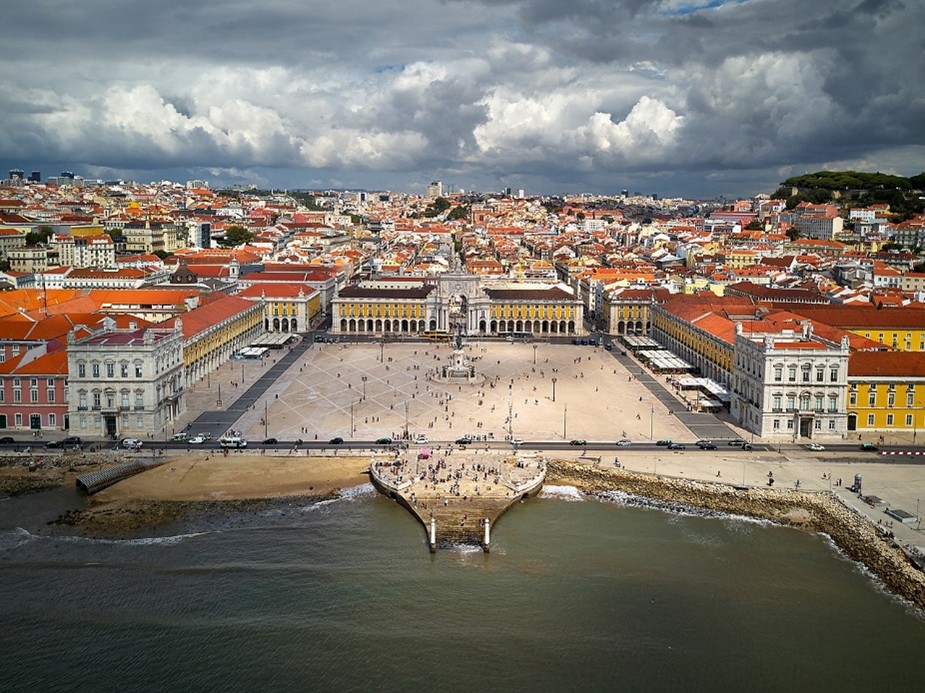
«Lisbon has a certain number of eating establishments in which, on top of a respectable-looking tavern, there’s a regular dining room with the solid and homey air of a restaurant in a small trainless town. In these first-floor dining rooms, fairly empty except on Sundays, one often comes across odd sorts, unremarkable faces, a series of asides in life.»
Continue reading this text, considered to be the ‘Preface’ to the Book of Disquiet, in which Pessoa recounts his fictitious encounter with the ‘author’ of the Book (edition by Jacinto do Prado Coelho, 1982).
2. « I’ve arrived at Lisbon, but not at a conclusion. »
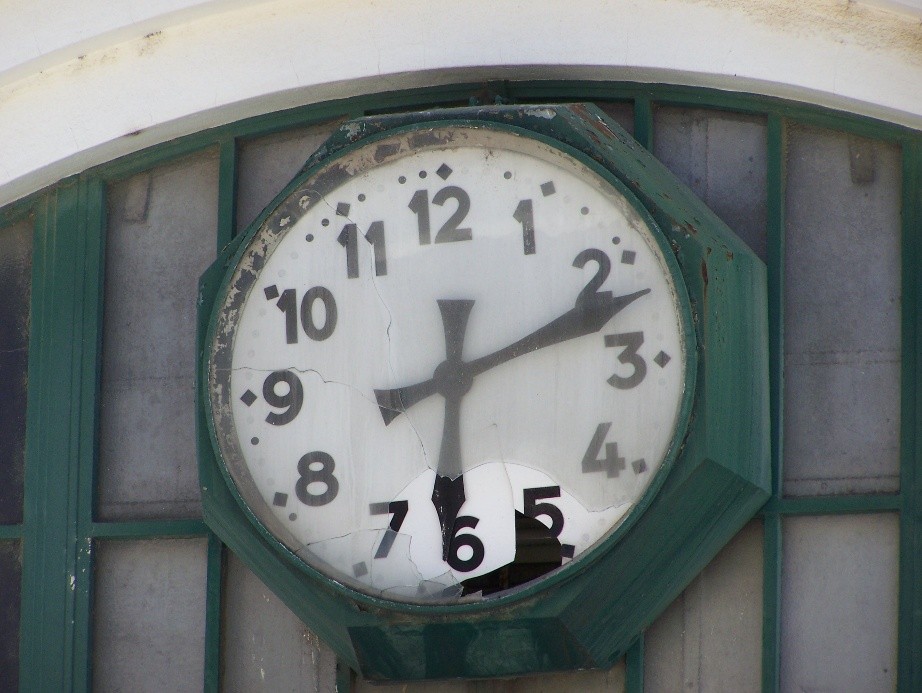
«I daydream between Cascais and Lisbon. I went to Cascais to pay a property tax for Vasques, my boss, on a house he owns in Estoril. I took anticipated pleasure in the trip, an hour each way in which to enjoy the forever changing views of the wide river and its Atlantic estuary. But on actually going out there, I lost myself in abstract contemplations, seeing but not seeing the riverscapes I’d looked forward to seeing, while on the way back I lost myself in mentally nailing down those sensations. I wouldn’t be able to describe the slightest detail of the trip, the slightest scrap of what there was to see. What I got out of it are these pages, the fruit of contradiction and forgetting. I don’t know if this is better or worse than the contrary, nor do I know what the contrary is.
The train slows down, we’re at Cais do Sodre. I’ve arrived at Lisbon, but not at a conclusion.»
Read in the Pessoa Archive (edition by Jacinto do Prado Coelho, 1982).
3. «Oh, Lisbon, my home!»
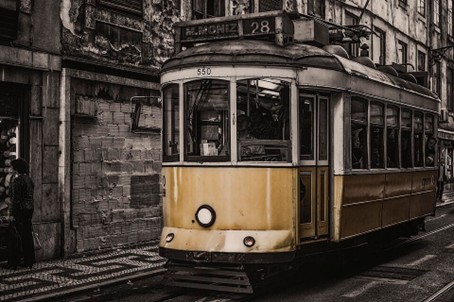
«The blue of the sky showing between the still clouds was smudged with transparent white.
The boy at the back of the office suspended for a moment the cord going round the eternal package.
‘I can only remember one other like this,’ he statistically remarked.
A cold silence. The sounds from the street seemed to be cut by a knife. Then there was a long, cosmically held breath, a kind of generalized dread. The entire universe had stopped dead. Moments, moments, moments… Silence blackened the darkness.
All of a sudden, live steel …..
How human the metallic peal of the trams! How happy the landscape of simple rain falling on the street resurrected from the chasm!
Oh Lisbon, my home!»
Book of Disquiet Edition by Richard Zenith (Lisboa, Assírio & Alvim, 1997, § 74)
4. «from Lisbon to China »

«What is to travel and what is the point of travelling? Every west is the west; there is no need to sense it in Constantinopla. The sense of liberation that comes with travelling? I may achieve it by going from Lisbon to Benfica and even more intensely so than one who travels from Lisbon to China, because if liberation is not within me, it will not be, for me, anywhere.»
Read the full version in the Pessoa Archive (edited by Jacinto do Prado Coelho, 1982).
5. «on Rua dos Douradores»
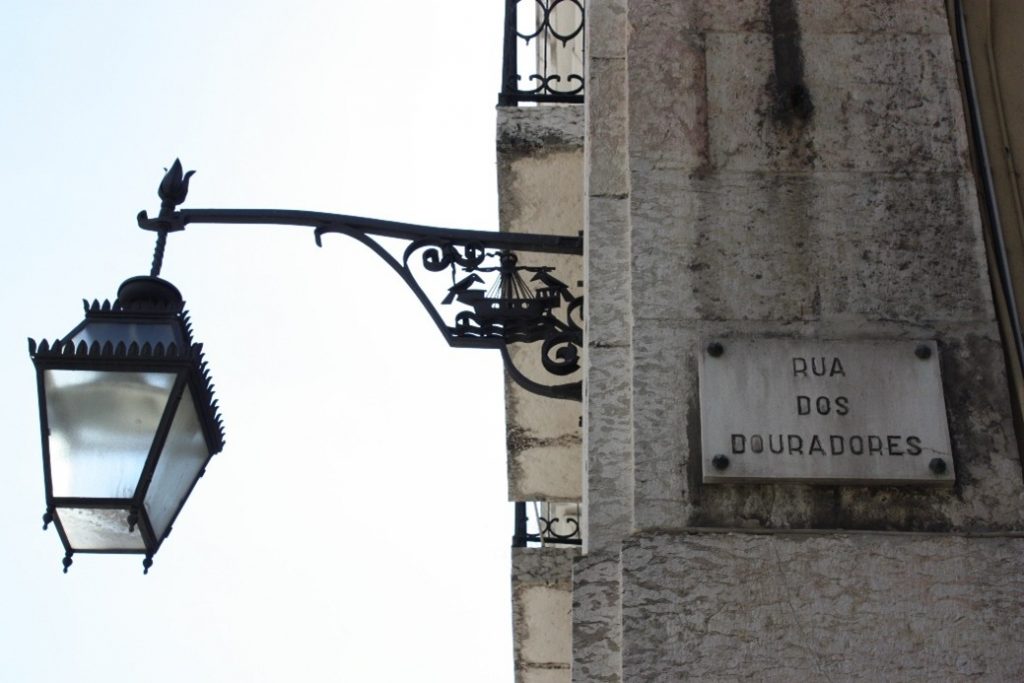
«A rural calm sometimes visits the city. There are times in sunny Lisbon, specially at midday in Summer, when the countryside invades us like a wind. And we sleep peacefully right here, on Rua dos Douradores.
How refreshing for the soul to see a hush fall, beneath a high, steady sun, over these carts full of straw, these half-built crates, and these unhurried pedestrians who suddenly seem to be walking in a village! I myself, alone in the office and looking at them through the window, am transported: I’m in a quiet little town in the country, or stagnating in an unknown hamlet, and because I feel other, I’m happy.»
Continue reading this text, edited by Richard Zenith, in the version of The Book of Disquiet that he organised (Lisboa, Assírio & Alvim, 1997, § 437)
The Book of Disquiet was written by Pessoa between 1913 and 1935. Having remained largely unpublished at the time of the writer’s death, the first extensive edition of the work was published in 1982 by Ática (Lisbon), and there have been several subsequent editions.
To read and study The Book of Disquiet online.
Fabrizio Boscaglia
Note: we have updated the spelling of the texts.
_
Discover Lisboa & Pessoa from Lisboa Pessoa Hotel, a themed boutique hotel inspired by Fernando Pessoa.
Share

